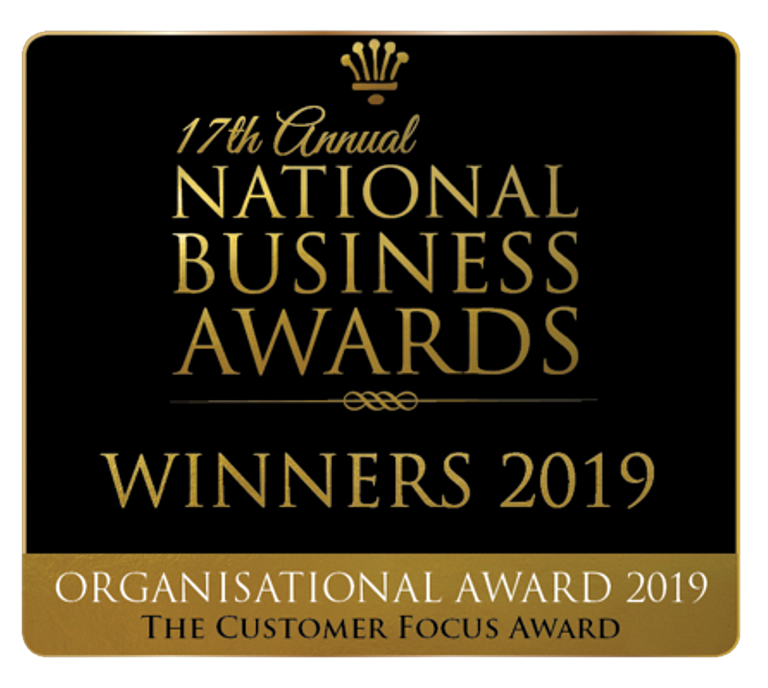As auditors, we come across a wide variety of expenses, projects, and agreements between numerous parties. It is important for us to ascertain and obtain the full details and conditions of agreements to understand which party is entitled to claim input VAT.
There is often a confusion on who is entitled to an input tax claim on transactions when there are three entities forming part of an agreement. For example, Entity A(principal) enters into an agreement with Entity B(agent), where Entity B is contracted to provide goods or services to Entity A. Entity B subsequently enters into an agreement with Entity C(third party) to either provide the goods or services on behalf of Entity B to Entity A. Due to Entity A being in contract with Entity B payments are directed to Entity B even though the service or goods were provided by Entity C. However, by means of a cession agreement Entity A sometimes does make a direct payment to Entity C. This is because goods or services provided through an agent are deemed to have been provided directly to the principal by the third party. For the purposes of this example, all parties are VAT Vendors.
The VAT Act does not provide definition of the following terms. We have provided the following definitions for ease of clarity and understanding.
The Oxford Dictionary defines a cession as, “the formal act of giving up of rights, property, or territory by a state”.
Principal is the consumer of the taxable supplies whereas an agent is the party that acts on behalf of the principal (consumer) to the agreement.
To determine if which Entity is entitled to an input tax claim one will have to determine whether Entity B is acting as a principal or an agent on behalf of Entity A and to determine that one will have to look at the actual agreement between all parties involved.
The Law
In terms of Section 54 of the VAT Act, No.89 of 1991:
- For the purposes of this Act, where an agent makes a supply of goods or services for and on behalf of any other person who is the principal of that agent, that supply shall be deemed to be made by that principal and not by that agent: Provided that, where that supply is a taxable supply and that agent is a vendor, the agent may, notwithstanding anything to the contrary in this Act, issue a tax invoice or a credit note or a debit note in relation to such supply as if the agent had made a taxable supply, and to the extent that that tax invoice or credit note or debit note relates to that supply, the principal shall not also issue a tax invoice or a credit note or a debit note, as the case may be.
and;
- For the purposes of this Act, where any vendor makes a taxable supply of goods or services to an agent who is acting on behalf of another person who is the principal for the purposes of that supply, that supply shall be deemed to be made to that principal and not to such agent: Provided that such agent may nevertheless request that he be provided with a tax invoice and the vendor may issue a tax invoice or a credit note or debit note as if the supply were made to such agent.
Application of Law
Parties in the agreement are:
Entity A – Principal (the consumer of the taxable supplies)
Entity B – Agent (in agreement with entity A to provide taxable supplies)
Entity C – Third Party (in agreement with entity B to provide taxable supplies to entity A)
Entity A will request taxable supplies to be consumed from entity B. Entity B then engages entity C to provide the taxable supplies directly to entity A. Entity B is now acting as an agent to the principal, entity A.
The question is who is entitled to an input tax claim. Is it Entity A, the principal, or Entity B, the Agent?
Even though the transaction was between Entity B and Entity C, Entity A would be entitled to an input tax claim in terms of Section 54(1). Taxable supplies provided through an agent are deemed to have been provided directly to the principal. The taxable supplies that were provided by Entity C were made on behalf of Entity B. However, there shall be a valid tax invoice which should be issued by Entity C to either Entity A or Entity B. In instances where Entity C issues a valid tax invoices directly to the agent, rather than the principal, the agent shall notify the principal in writing by means of a statement within 21 days of the end of the calendar month during which the supply was made or received. The statement should comply with Section 20(4) paragraph (e), (f) and (g) as well as Section and 54(3)(i). The requirements of Section 54(3)(i), read with Section 20(4)(e), (f) and (g) constitute a valid tax invoice.
Conclusion
The principal is always entitled to an input tax claim. Should an agent wrongfully claim input tax, SARS may raise an assessment on such claim as well as penalties and interests.
Written by:
Kwanele Dlomo














